The recent disputes over technology between the West and China seem to be a matter of who cast the first stone.
China has been under heavy technology restrictions by the West, most notably by the CHIPS Act passed by the U.S. Congress in August 2022.
Before that there was the saga of Huawei Technologies Ltd, highlighted by the arrest of Huawei CFO Meng Wanzhou in December 2018 in Canada. U.S. allies in Europe were pressured to not do business with Huawei.
Controversial visits by U.S. lawmakers to Taiwan last summer also fueled tensions, as Taiwan is the world leader in chipmaking. Nancy Pelosi, when she was House speaker, visited the island a week before the CHIPS Act was passed.
The act provided roughly $280 billion in new funding to boost domestic research and manufacturing of semiconductors in the U.S.. It includes $39 billion in subsidies for chip manufacturing in the U.S.; 25 percent investment tax credits in the manufacture of equipment; and $13 billion for semiconductor research and worker training, with the objective to counter China.
Taiwan produces more than 60 percent of the world's semiconductors and over 90 percent of the most advanced ones, according to The Economist. And most of the chips are made by a single company, Taiwan Semiconductor Manufacturing Corp (TSMC), whose shares trade on the New York Stock Exchange.
Many U.S. tech companies, including AMD, Apple, Qualcomm and Nvidia, are customers of TSMC.
Ahead of the upcoming G7 meeting in Japan, which starts Friday, anti-China rhetoric was rising over economic issues.
An article in The Wall Street Journal on Sunday carried the headline, "G-7 Leaders Expected to Take Aim at Chinese 'Economic Coercion'".
"Did you doubt that #G7 exists to push U.S. foreign policy? Bloomberg reports the Biden administration plans to get G7 to copy U.S. limits on foreign investment in China's hi-tech industries (AI, chips, etc) at G7 on 19 May in Tokyo," tweeted author Tony Norfield on April 21.
Chinese Foreign Ministry spokesman Wang Wenbin told reporters at a briefing in Beijing last week, "When it comes to international rules," the U.S. "is in no position to point fingers at other countries".
The outcome of efforts by the U.S. to line up allies against China remains uncertain.
"The U.S. and Japan are fairly united," said Thomas Cynkin of the Atlantic Council's Scowcroft Center for Strategy and Security, the Journal reported. "But the Europeans have been very reluctant."
A recent dispute with Micron Technology's office in Beijing has Western media accusing China of clamping down on foreign businesses.
In March, China announced a cybersecurity review of Micron, a semiconductor company based in Idaho, after the U.S. enacted export bans on advanced semiconductors and production equipment in October, claiming national security grounds.
Colin Hawes, an associate law professor at the University of Technology in Sydney said, "The constant recent U.S. political attacks and draconian sanctions on China will definitely impact the way that these cases play out," MarketWatch reported.
He said that Chinese authorities no longer will be lenient nor avoid prosecuting American firms for the sake of the bilateral relationship, and "behind-the-scenes diplomatic support will be less effective in resolving any charges".
James Zimmermann, a longtime China-based businessman and former chairman of the American Chamber of Commerce in China, told MarketWatch: "Both sides have hollowed out any level of collaboration, and there is little room for developing even a pretense of goodwill. Someone is bound to get hurt in this tetchy environment."
Micron, which has a strong business in China, has named a new general manager for the country, which accounts for 11 percent of its revenue, or $3.3 billion.
In October, the Biden administration published a sweeping set of export controls, including a measure to cut China off from certain semiconductor chips made anywhere in the world with American equipment, vastly expanding its efforts to hamper Beijing's technological advances.
The rules followed restrictions sent in letters last year to top U.S. toolmakers KLA, Lam Research and Applied Materials, effectively requiring them to halt shipments of equipment to wholly Chinese-owned factories producing advanced logic chips.
Senior U.S. government officials said in October that many of the measures were aimed at preventing foreign firms from selling advanced chips to China or supplying Chinese firms with tools to make their own advanced chips.
They conceded, however, that they had not secured any promises that allied nations would enact similar measures.
The new regulations severely restricted export of U.S. equipment to Chinese memory chip makers and restricted shipments to China of chips used in supercomputing systems that nations around the world rely on to develop nuclear weapons and other military technologies.
At the time, China's Foreign Ministry spokesperson Mao Ning called the move an abuse of trade measures designed to reinforce the United States' "technological hegemony".








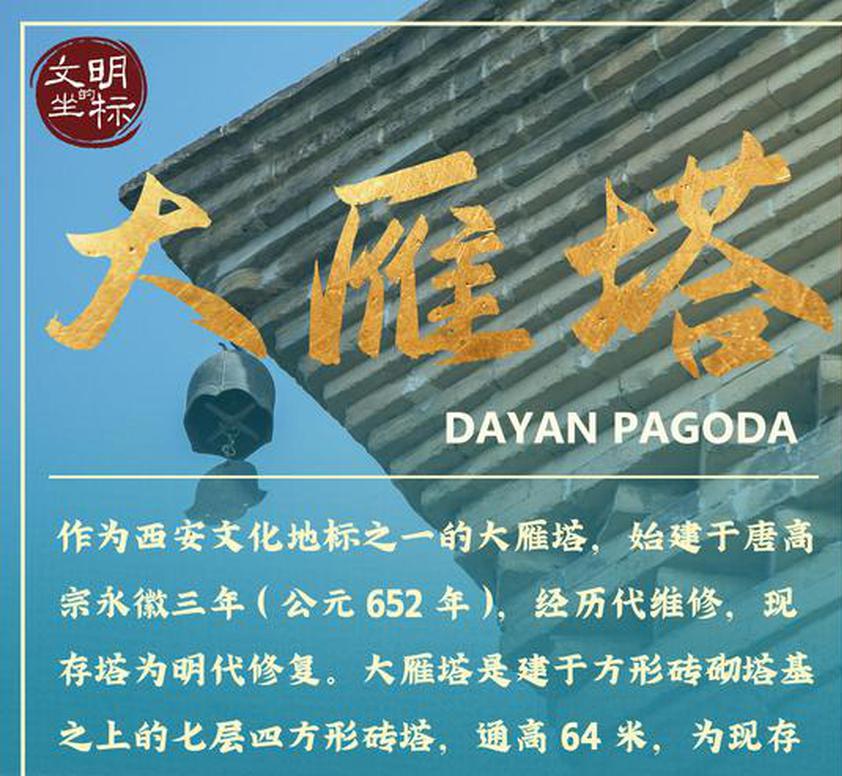
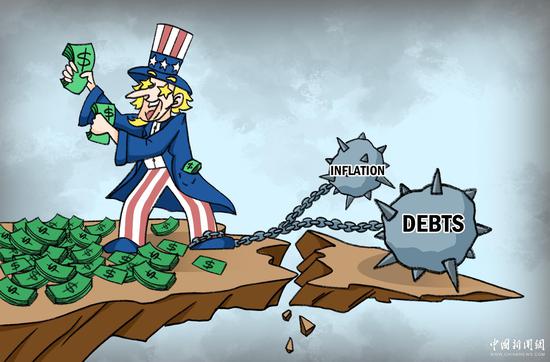

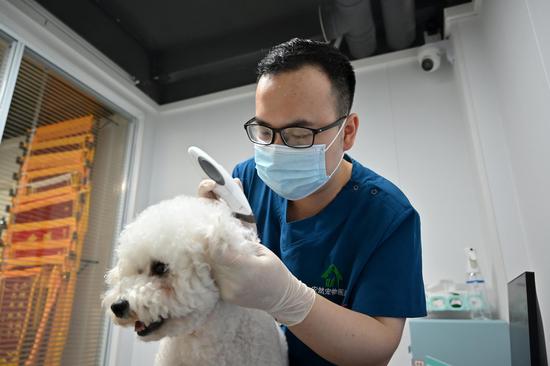


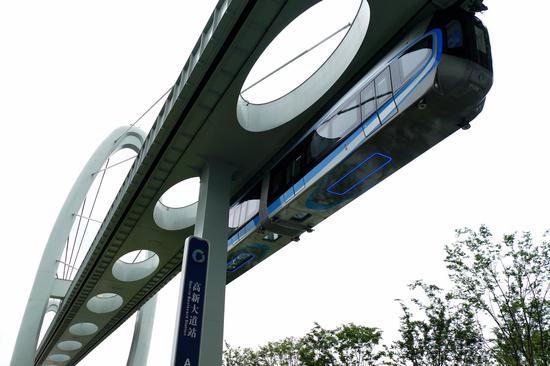










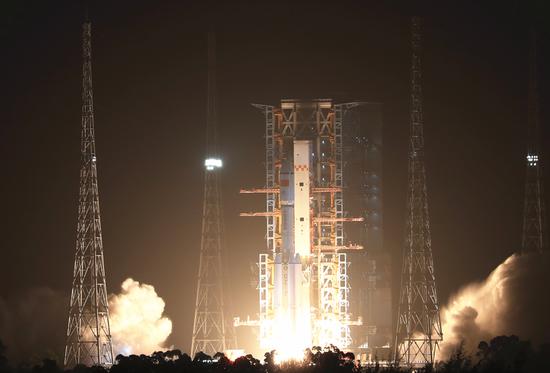



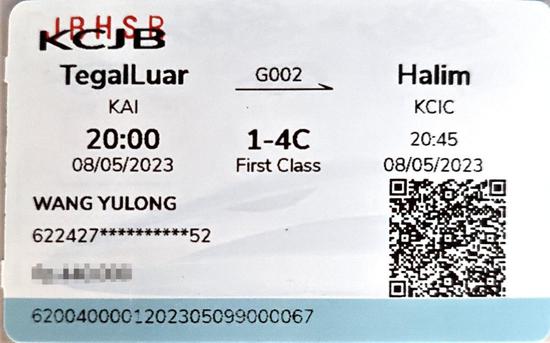
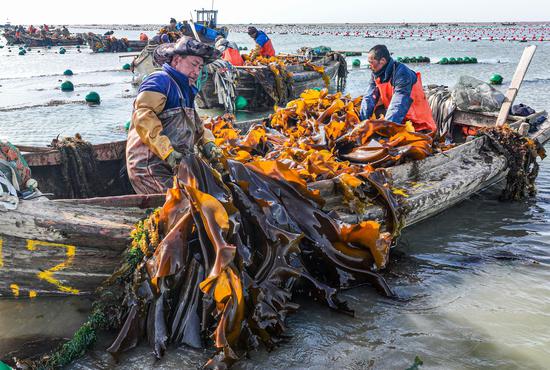









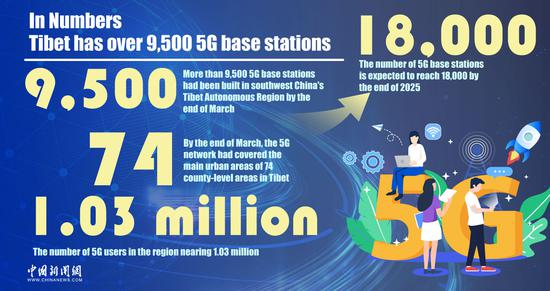



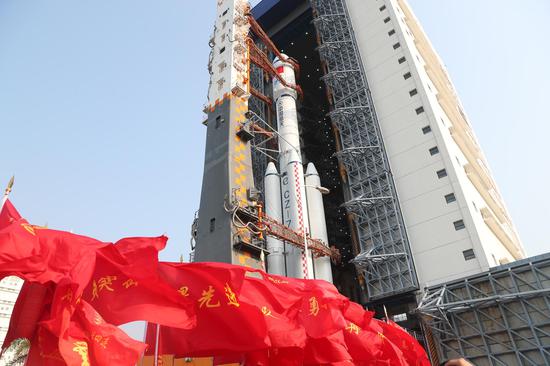





 京公网安备 11010202009201号
京公网安备 11010202009201号